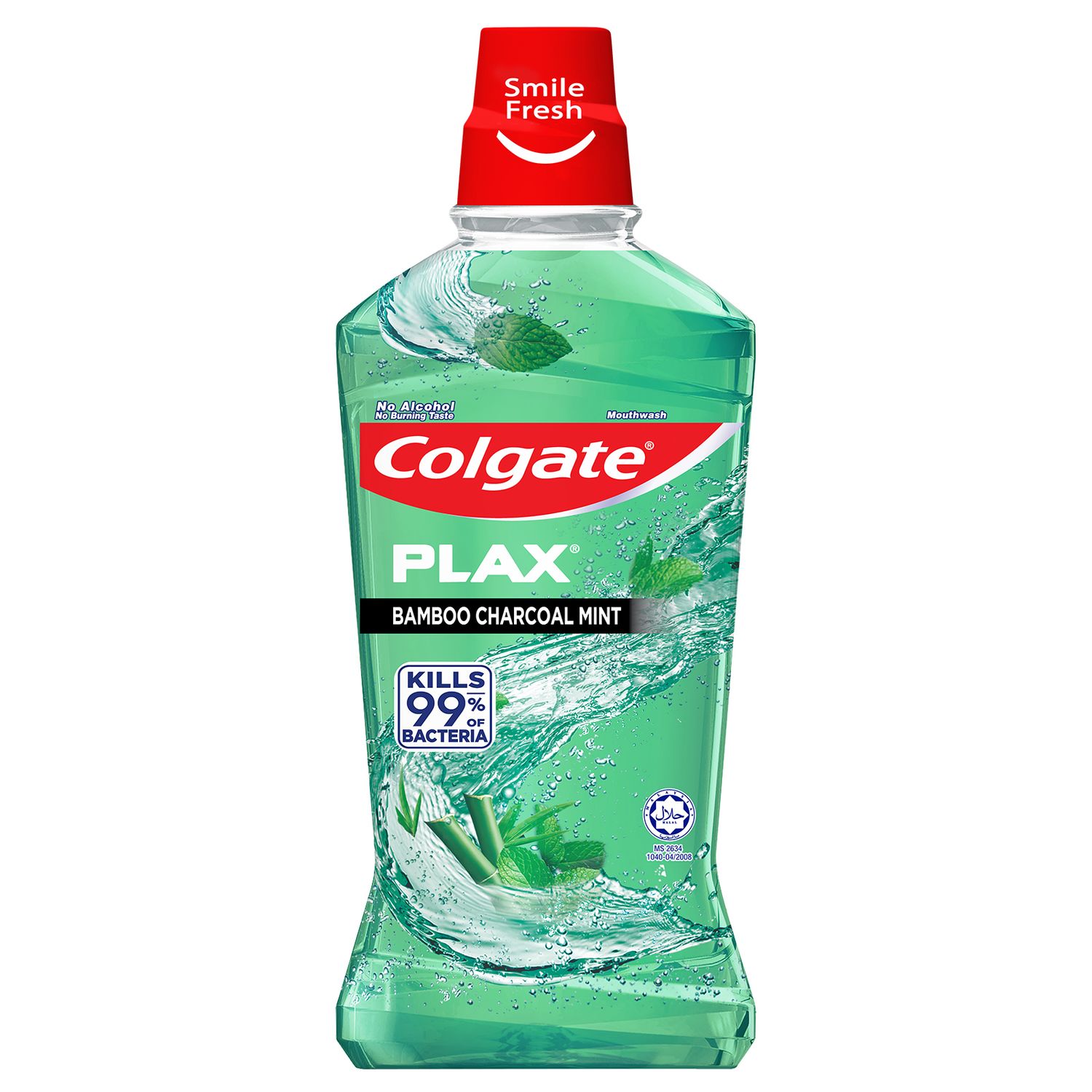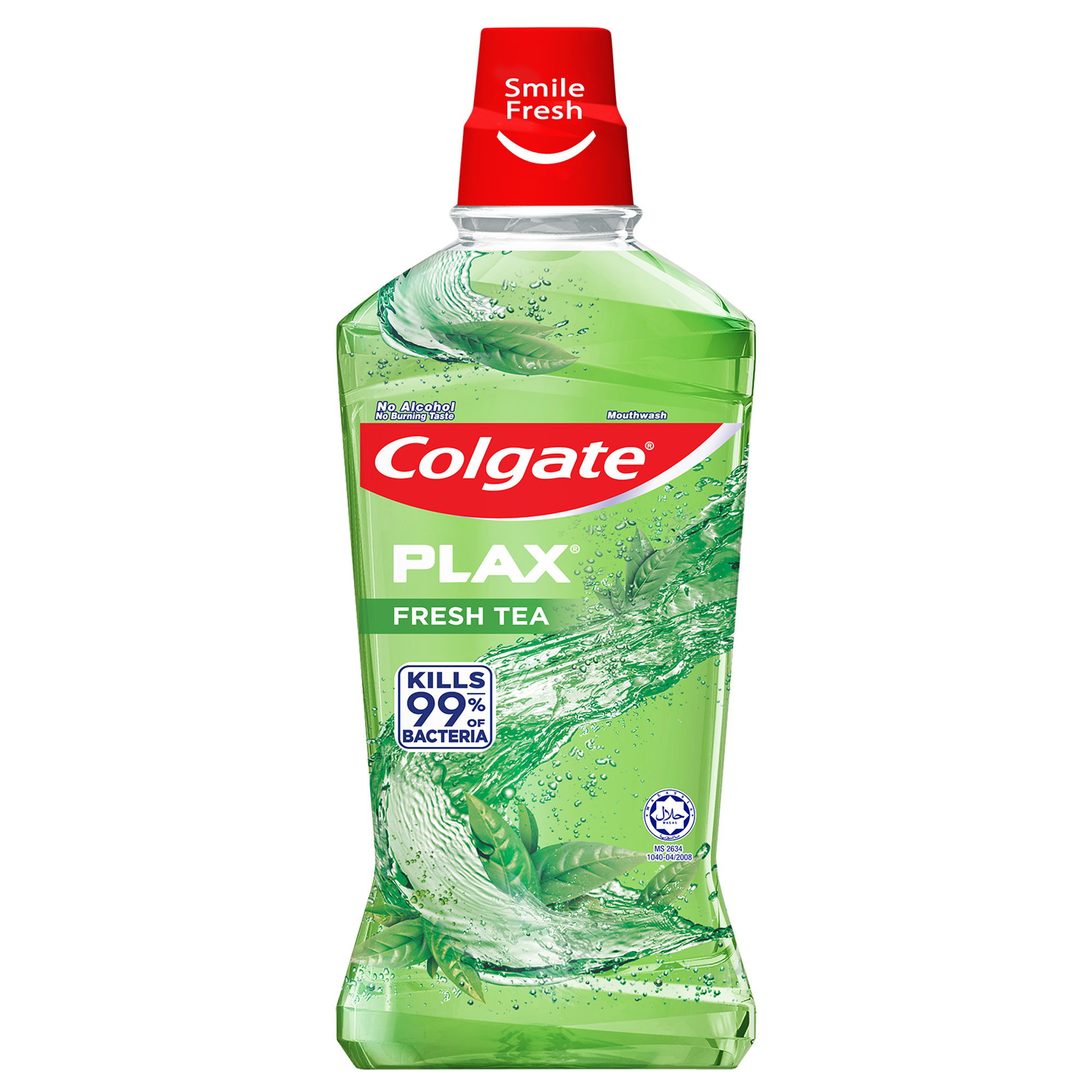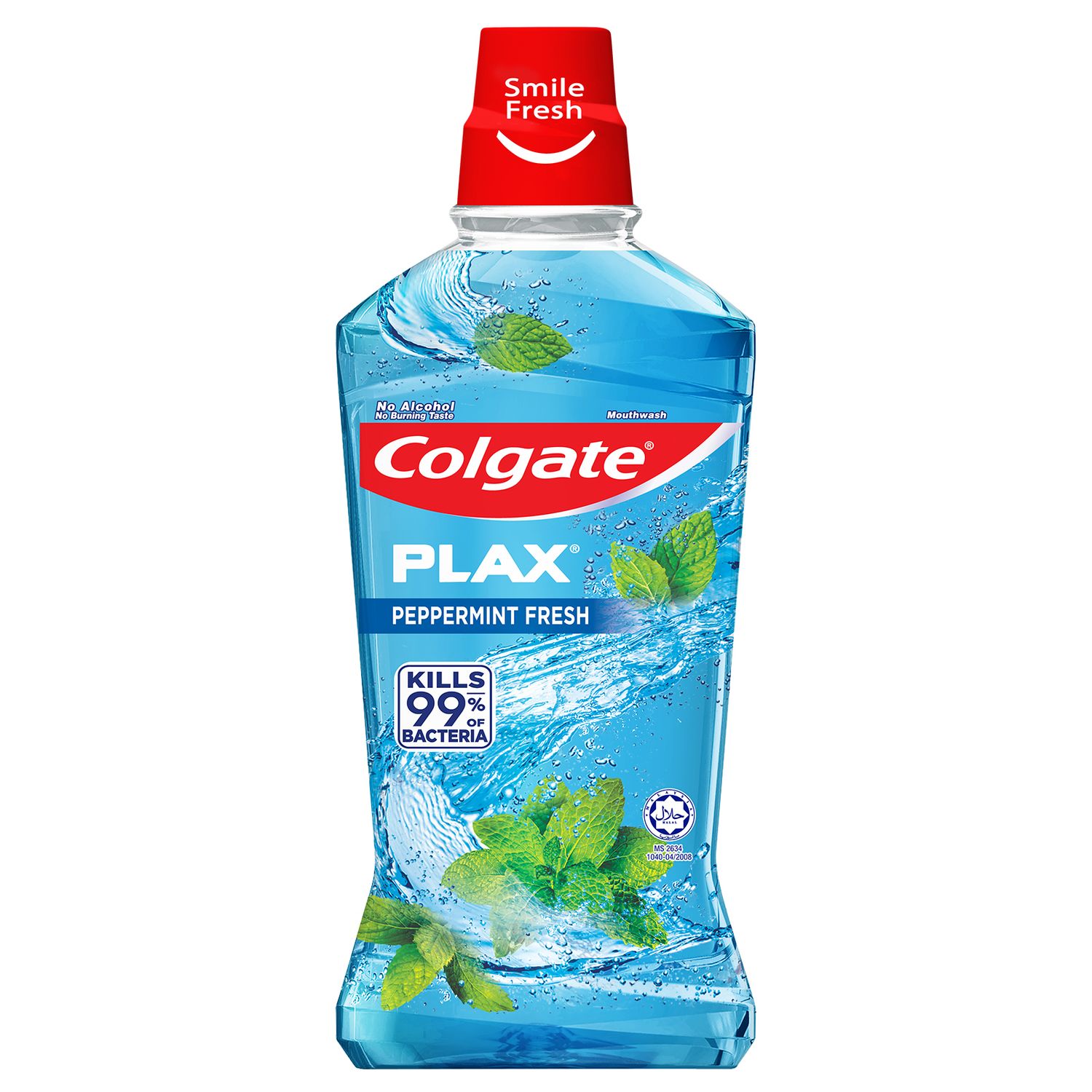What is Bad Breath?
Bad breath, also known as halitosis, is an unpleasant odour that comes from the mouth. While it can be temporary, often linked to specific foods or poor dental hygiene, chronic bad breath can indicate underlying health issues. The condition is primarily caused by the accumulation of bacteria in the mouth, which produces volatile sulfur compounds that contribute to foul odours. Factors such as diet, oral hygiene practices, and overall health play crucial roles in the development of bad breath.
What Causes Bad Breath?
Recognising the most common bad breath causes is key to pinpointing the source and taking the right actions to freshen your breath. Whether it’s diet, gum disease, poor oral hygiene, or medications, there are various factors that contribute to bad breath. Ignoring these can result in dental issues like halitosis, oral cavities, and gum disease. Several factors that can lead to bad breath include:
Diet: Foods like garlic, onions, and certain spices can linger in the mouth and contribute to unpleasant odours. These foods release compounds that are absorbed into the bloodstream and expelled through the lungs.
Gum disease: When plaque and bacteria build up around the gum line, causing inflammation and infection, gum disease, also known as gingivitis or periodontal disease, occurs. As the disease progresses, pockets form between the gums and teeth, trapping food particles and bacteria, leading to bad breath.
Poor Oral Hygiene: Inadequate brushing and flossing can allow food particles to remain in the mouth, promoting bacterial growth and plaque buildup, which can result in bad breath.
Dry Mouth: Saliva helps cleanse the mouth and remove particles that cause bad odours. A dry mouth, often caused by medications, medical conditions, or dehydration, can lead to increased bacteria and bad breath.
Medications: Certain medications, particularly those that cause dry mouth, can lead to bad breath by reducing saliva production. Additionally, some medications release chemicals into the bloodstream, which are then expelled through the lungs, resulting in unpleasant breath odours.
Tobacco Products: Smoking and chewing tobacco not only leave a distinct odour but also contribute to dry mouth and gum disease, exacerbating bad breath.
Health Conditions: Certain medical conditions, such as sinusitis, tonsillitis, respiratory infections, diabetes, and Gastroesophageal reflux disease (GERD), can also lead to bad breath due to the presence of bacteria or other compounds in the body.
Understanding these causes of bad breath is essential for effectively managing and preventing bad breath, allowing individuals to take proactive steps towards fresher breath.
How to Get Rid of Bad Breath?
Wondering how to get rid of bad breath? The great news is that it can often be managed with a few simple practices. Here are some actionable tips to help you freshen your breath and maintain oral health.
Brushing Regularly
Brushing your teeth at least twice a day is essential for maintaining fresh breath. Use a fluoride toothpaste and a soft-bristled toothbrush to effectively remove food particles, plaque, and bacteria from your teeth. Do not forget to brush for at least two minutes each time, ensuring you cover all surfaces of your teeth. Regular brushing not only helps combat bad breath but also promotes overall oral hygiene.
Cleaning Tongue
Your tongue can harbour bacteria and food particles that contribute to bad breath. Use a tongue scraper or the back of your toothbrush to gently clean your tongue each time you brush your teeth. This simple step can significantly reduce the number of odour-causing bacteria in the mouth, leading to fresher breath.
Flossing Once a Day
Flossing is an essential part of oral hygiene that many people overlook. By flossing daily, you can remove food particles and plaque from between your teeth and along the gumline, where your toothbrush may not reach. This helps prevent the buildup of bacteria that can lead to bad breath. Alternatively, you could try small interdental brushes or a water flosser. Make it a habit to floss once a day, preferably before bedtime.
Cleaning Dentures and Retainers
If you wear dentures, retainers, or other dental appliances, cleaning them regularly is crucial. Bacteria can accumulate on these devices, contributing to bad breath. Follow your dentist’s daily recommendations for cleaning and soaking your dental appliances to keep them fresh and odour-free.
Avoiding Certain Beverages
Certain beverages, such as coffee and alcohol, can contribute to bad breath by causing a dry mouth or leaving behind strong odours. If you enjoy these drinks, consider drinking water afterward and giving it a quick swish to help rinse away any lingering particles. Herbal teas, particularly those with mint or green tea, can be a better option for freshening breath.
Being Aware of Odorous Foods
Some foods, such as garlic, onions, and certain spices, can leave a lasting odour on your breath. While you do not have to completely avoid these foods, being mindful of your consumption—especially before social events—can help you manage bad breath. Pairing these foods with fresh herbs, like parsley or mint, can also help neutralise odours.
Using Natural Breath Fresheners
Natural breath fresheners can be a great way to combat bad breath throughout the day. Herbs like mint, fennel seeds, and cardamom can provide a refreshing flavour and promote oral health. Additionally, chewing sugar-free gum or sucking on sugar-free mints can stimulate saliva production, which helps wash away food particles and bacteria.
Avoiding a Dry Mouth
Dry mouth (also called xerostomia) affects the salivary gland and can significantly contribute to bad breath. Saliva plays a crucial role in cleansing the mouth and neutralising odours. To prevent dry mouth, drink plenty of water and stay hydrated throughout the day, or use sugar-free chewing gum, which helps produce enough saliva. If necessary, your dentist may also recommend artificial saliva, saliva substitutes, mouth sprays, mouthwashes, or mouth rinses designed to combat dry mouth.
Quitting Smoking or Chewing Tobacco
Tobacco products not only contribute to bad breath but also increase the risk of gum disease and other oral health issues. Quitting smoking or using tobacco can greatly improve your breath and overall health. If you need support in quitting, consider reaching out to healthcare professionals or support groups.
Regular Dental Cleanings and Checkups
Regular visits to your dentist are essential for maintaining good oral health and preventing bad breath. Professional cleanings can remove plaque and tartar buildup that regular brushing and flossing may miss. Additionally, your dentist can identify any underlying oral health problems, such as gum disease or tooth decay, that may be contributing to bad breath.
When to See a Dental Professional?
While many cases of bad breath can be addressed with proper oral hygiene and lifestyle changes, knowing how to get rid of bad breath sometimes requires professional advice. Consulting a dental professional at the right time can prevent potential health issues and help keep your breath fresh. Here are some key indicators that it may be time to schedule a visit to your dentist:
Good oral hygiene isn’t enough: If you brush and floss regularly but still struggle with bad breath, it could signal an underlying dental issue.
Other oral symptoms: Discomfort, pain, or changes in the colour or texture of your tongue may indicate gum disease or other dental problems that contribute to bad breath.
Persistent odour: While occasional morning breath is normal, bad breath that lingers throughout the day warrants a visit to the dentist.
Bad breath is a common issue that can be effectively managed with proper oral hygiene and lifestyle changes. Regular brushing, flossing, and tongue cleaning are essential, along with avoiding certain foods and staying hydrated. Recognising when to seek professional help is also important, as persistent bad breath may indicate underlying dental or health issues.
By prioritising oral health and being proactive, individuals can maintain a fresh, confident smile. Remember, a healthy mouth contributes to overall health and wellness, so make oral hygiene a priority and consult your dental professional for personalised advice on achieving fresh breath.
Frequently Asked Questions
1. Can bad breath be cured?
Yes, bad breath can often be cured through improved oral hygiene, lifestyle changes, and addressing underlying health issues. Regular dental check-ups are essential for a bad breath cure and effective management.
2. Why does my mouth smell bad even after brushing?
Bad breath after brushing can result from several factors, including dry mouth, gum disease, cavities, or lingering food odours from strong-flavoured foods like garlic and onions. Bacteria can also hide in places your toothbrush can’t reach, leading to persistent odours.
3. What is the best natural cure for bad breath?
Chewing sugar-free gum, drinking plenty of water, and consuming fresh herbs like parsley or mint can naturally freshen your breath. Addressing the root cause of bad breath and maintaining good oral hygiene is crucial.
4. How to get rid of bad breath permanently?
To eliminate bad breath permanently, practise consistent oral hygiene—brush and floss daily, clean your tongue, stay hydrated, and avoid odorous foods. Regular dental visits are also vital for addressing any underlying issues.














